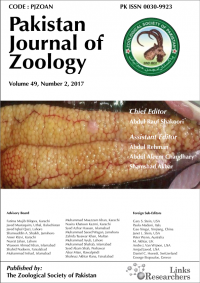Department of Prosthodontics, 9th People’s Hospital, College of Stomatology, Shanghai JiaoTong University, School of Medicine, Shanghai Key Laboratory of Stomatology, Shanghai, 200011, Peoples’ Republic of China
* Corresponding authors: guh_sjtu@sina.com; fuyuanf@163.com
ABSTRACT
Caries can cause defect of dental tissue, mainly attributed to Streptococcus mutans, Actinomyces viscosus, Lactobacillus and Streptococcus sanguis. Capsaicin extracted from chili peppers were selected to explore the antibacterial activity against the four cariogenic bacteria in terms of acid producing and biofilm. The antibacterial activity of capsaicin was evaluated by the minimal bactericidal concentration, change of pH in the first 12 h and OD values of biofilms. Besides, fluorescent images of exopolysaccharides and living bacteria of Streptococcus mutans were measured with confocal laser scanning microscopy (CLSM). In our study, capsaicin showed an outstanding performance in the inhibition of acid producing and biofilm of the four strains of cariogenic bacteria. Meanwhile, low values of MIC of capsaicin on four sectional cariogenic bacteria indicated high efficiency of antibacterial activity of capsaicin. Antibacterial activity of capsaicin on Streptococcus mutans, Actinomyces viscosus, Lactobacillus and Streptococcus sanguis were proved in this study. In vivo experiments of capsaicin should be conducted later via establishing animal model of caries simulating human oral environment. After the complete experiments, capsaicin is expected to be used as adjuvant medicine to treat caries.
To share on other social networks, click on any
share button. What are these?










